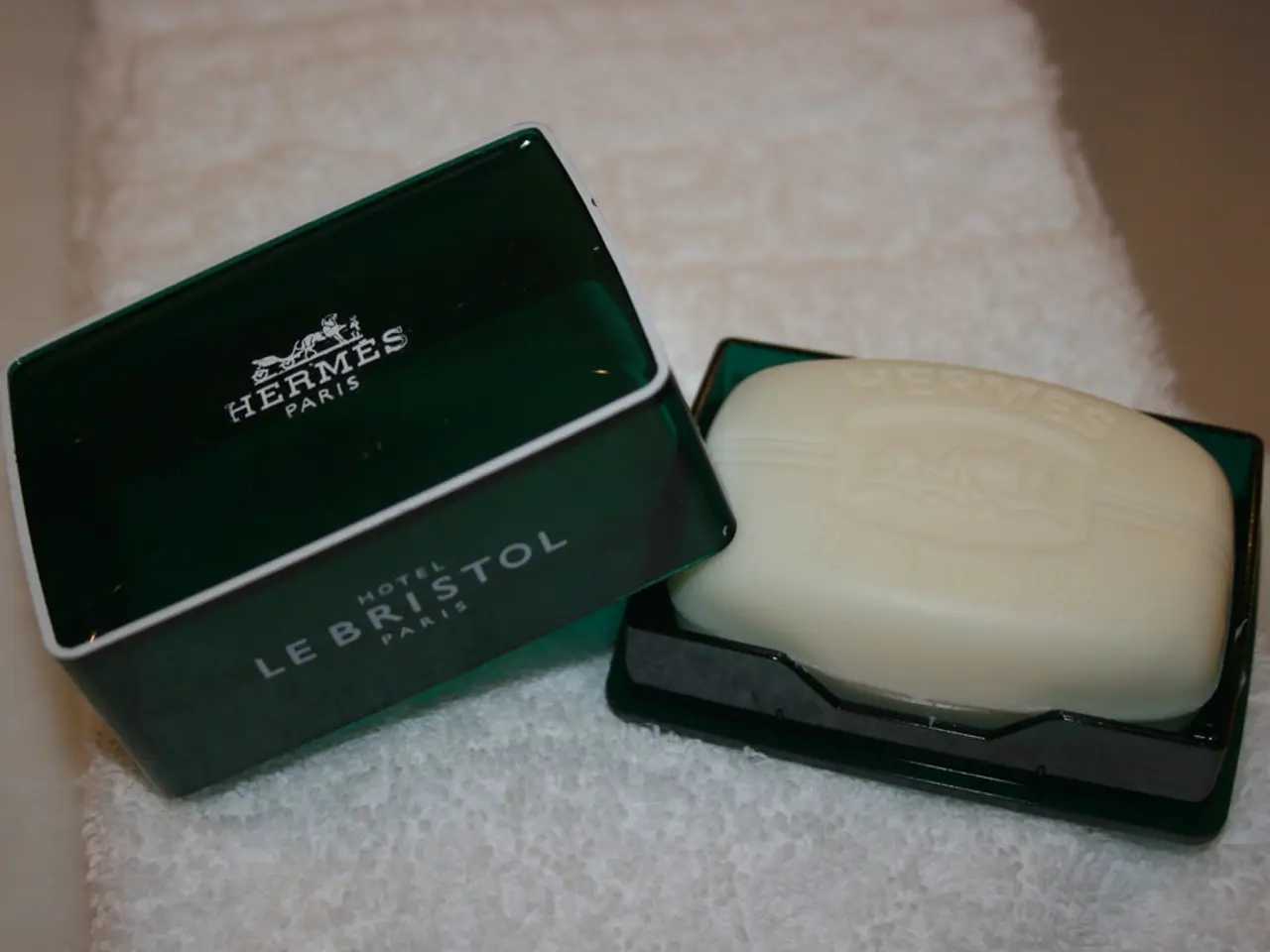Avoiding unintentional low-level toxic exposure: Steer clear of disinfectant wipes for these 5 cleaning tasks
In the quest for a cleaner and safer home, disinfectant wipes have become a popular choice. However, these wipes may not be the best option for all surfaces and fabrics, especially those used for food prep or often touched by children and pets. Here's a guide to safer alternatives for cleaning various surfaces and fabrics.
For food prep surfaces, mild dish soap like Dawn, specifically designed for contact with food surfaces, is a gentle alternative. Thoroughly rinsing the surfaces with plain water ensures safety. Electronics, on the other hand, require special care. Alcohol-free, medical-grade disinfecting wipes or a soft microfiber cloth dampened with a suitable cleaner designed for electronics should be used to avoid damage.
Painted furniture and walls should not be cleaned with disinfectant wipes as they may cause shine or streaking. Instead, dust with a dry microfiber cloth or use a dry mop (e.g., Swiffer) for walls to prevent damage. Upholstery is not recommended for disinfectant wipes because fabric is porous and moisture from wipes can cause staining or mildew. Use fabric-safe disinfectant sprays (like Lysol Fabric Disinfectant Spray), fabric refreshers (e.g., Attitude Fabric Refresher), or a steam cleaner designed for upholstery (such as the Bissell Little Green) while checking fabric manufacturer’s instructions.
Retainers and dentures are best cleaned with denture-cleaning solutions or a soft toothbrush and mild soap, avoiding harsh chemicals or wipes that can damage or leave residue. It is crucial to consult with a dental professional for specific advice.
A dry steam cleaner, such as the Ladybug Dry Steam Cleaner, is an effective chemical-free alternative for disinfecting many hard surfaces quickly without residue, and it does not create resistant “superbugs” because it uses heat instead of chemicals. This method can be helpful for sanitizing non-porous surfaces.
In summary, the table below outlines recommended alternatives for various surfaces and fabrics:
| Surface/Fabric | Recommended Alternative | |---------------------|---------------------------------------------------------------------------------------------------| | Food prep surfaces | Mild dish soap + thorough rinsing | | Electronics | Alcohol-free, medical-grade wipes or microfiber cloth dampened with suitable cleaner | | Painted furniture & walls | Dry microfiber cloth, dry mop (Swiffer) | | Upholstery | Fabric disinfectant sprays, fabric refreshers, upholstery steam cleaners | | Retainers & Dentures| Soaking in denture cleaning solutions or gentle brushing with mild soap (common dental advice) |
These alternatives avoid the potential damage and residue problems associated with disinfectant wipes on delicate or porous materials. It's essential to remember that the chemicals in disinfectant wipes can irritate the sensitive tissues in the mouth, leading to sores, inflammation, or allergic reactions.
For fabrics that can be put in the washing machine, a warm water cycle and a quality detergent can disinfect effectively. Tide detergent, which contains no artificial fragrances or dyes, can be used for disinfecting fabrics.
Dr. Sandip Sachar, a NYC-based dentist, advises against using disinfectant wipes on mouthguards, retainers, dentures, or any other oral appliance due to the chemicals they contain being unsafe for internal use. Instead, he recommends using denture sterilizing tablets for oral hygiene tools.
In conclusion, while disinfectant wipes offer convenience, they may not be the best choice for all cleaning tasks. By opting for alternatives like mild dish soap, dry steam cleaners, and fabric-safe cleaners, you can maintain a clean, safe, and healthy home for everyone.
- For food preparation, it's recommended to use mild dish soap like Dawn, specifically designed for contact with food surfaces, instead of disinfectant wipes, followed by a thorough rinsing with plain water.
- In terms of electronics, alcohol-free, medical-grade disinfecting wipes or a soft microfiber cloth dampened with a suitable cleaner designed for electronics should be used, rather than regular disinfectant wipes, to avoid damage.
- For your lifestyle and food-and-drink choices, consider using Tide detergent, which contains no artificial fragrances or dyes, for washing machine-friendly fabrics as it can effectively disinfect them.




